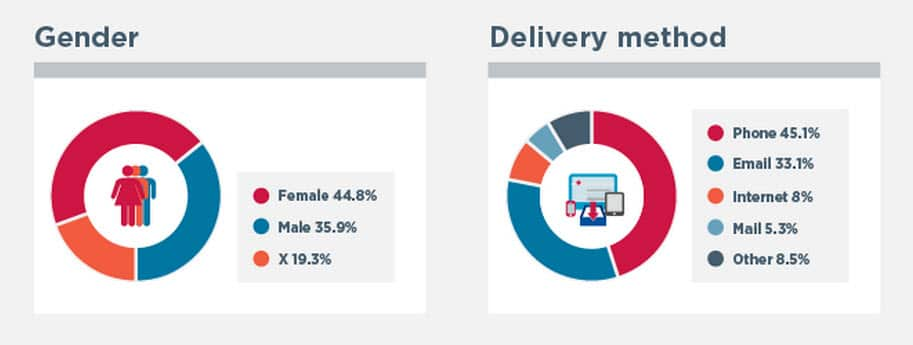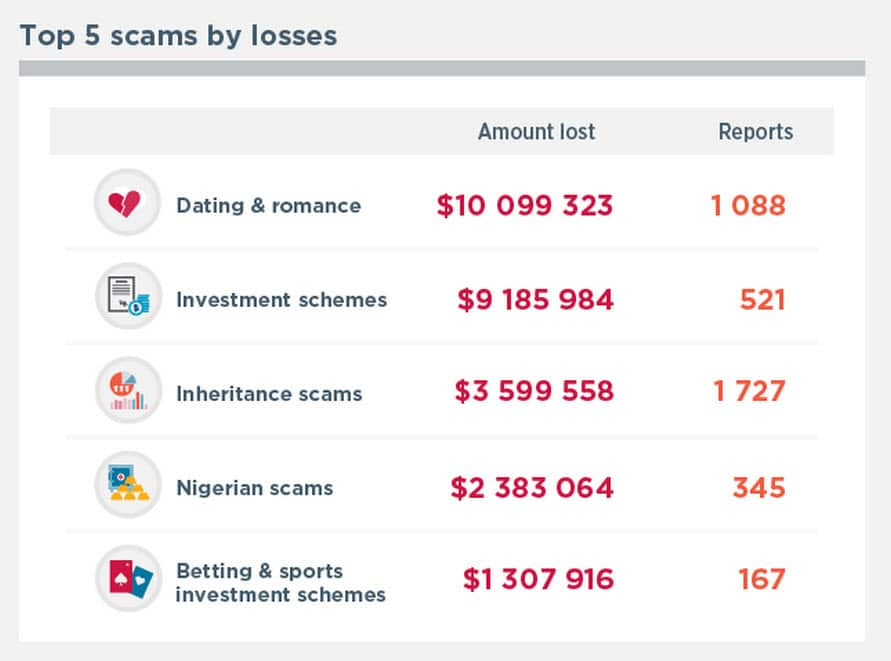How often do you receive an email or an alert asking you to click through and send details to claim a prize or contribute a donation?
These are often scams and there are more and more of them.
The Australian Competition and Consumer Commission said it had received 45,743 reported scams so far this year, with $45.9 million lost as a result.
Most of them were delivered over the phone, followed by email and internet.
Younger people were less likely to be scammed because they had less money to take but anyone can be taken advantage of.

ACCC Acting Head Delia Rickard said people who were scammed weren't stupid, because scammers often used trusted brands, government entities, utilities and financial institutions and replicate their logo or website to make it look genuine.
"If I think of a scam that is doing the rounds at the moment, there are two scams involving the tax office: one is a reclaim scam where they email people and tell them they're owed a refund and say, "you have to pay money to get money'. Well no government department will ask you to pay money to get money," she said.
"The other is a really nasty version of it, where they are calling people saying 'You've got unpaid tax, we've got a warrant out for your arrest unless you pay that tax in the next few hours. The police will be knocking on your door'. Now that clearly isn't how the ATO does business."
While inheritance scams were the most reported, the one which concerned the ACCC the most was dating and romance scams, with more than $10 million reported scammed.

Ms Rickard said these were scams, "where people meet through a dating site or a social media site, the scammer woos them, grooms them for weeks, months, sometimes years and then asks for money. But when they've got the person very emotionally involved in the whole relationship, their stories seem plausible at the time and as soon as the person pays they will ask for more and more and more."
There are plenty of things everyone can do to avoid scammers like not opening suspicious texts, pop-up winders or emails. Another important precaution is choosing passwords carefully and keeping personal details secure.
Ms Rickard said knowing who you were dealing with was key.
"The first thing to know is never send money or provide personal information to anyone who contacts you out of the blue," she said. "Always know who you are dealing with.
"If you think someone who has contacted you might be legitimate, then use the phone book or an internet search to get their correct contact details; never use the contact details provided by the scammer and call the organisation yourself to check whether or not it's a scam. It's really important to guard your personal information."
The ACCC's new scamwatch website, launched today, has more details on how to beat the scammers.
